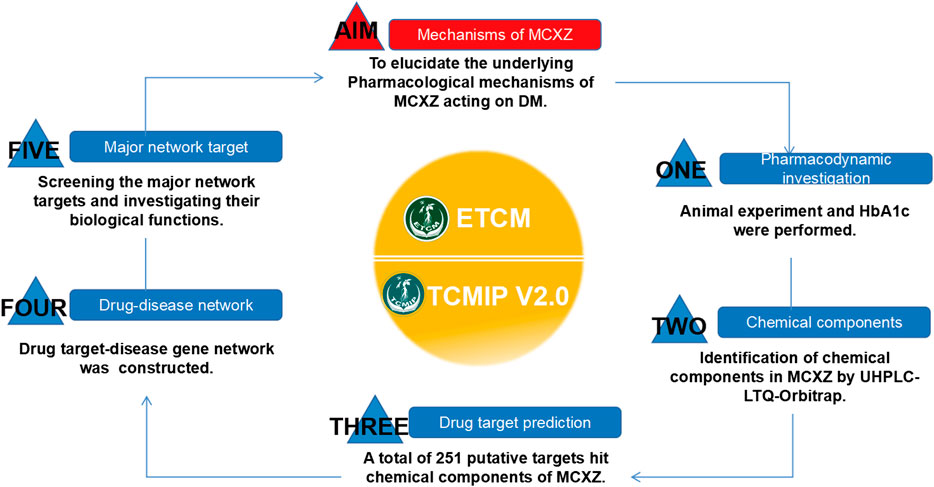
Fortunately, there are many HIV medicines available to include in an HIV treatment regimen. However, do NOT cut down on, skip, or stop taking your HIV medicines unless your health care provider tells you to. In some cases, it may be necessary to change HIV medicines because of a side effect. Your health care provider can recommend ways to treat or manage the side effect. Once you start taking HIV medicines, tell your health care provider about any side effect that you are having. One example is swelling of the mouth and tongue. Tell you about the signs of life-threatening side effects that require immediate medical care.For example, to manage nausea and vomiting, eat small meals and avoid spicy foods. Give you suggestions on how to deal with side effects that are manageable.Tell you which specific side effects to look out for.

For help using the Drug Database, contact an Clinical Info health information specialist by phone (1-80) or email ( starting HIV medicines, talk to your health care provider about possible side effects.ĭepending on the HIV medicines in your HIV treatment regimen, your health care provider will: Use the Clinical Info Drug Database to learn more about your HIV medicines, including possible side effects. Drug-drug interactions between HIV medicines or with other medicines a person is taking can also cause side effects. Having another medical condition or taking other medicines can increase the risk of side effects from HIV medicines. High cholesterol is a risk factor for heart disease.

For example, high cholesterol can be a side effect of some HIV medicines. Other side effects from some HIV medicines can lead to problems that may not appear for months or years after starting a medicine. For example, nausea, fatigue, and trouble sleeping are some short-term side effects of HIV medicines. Side effects from HIV medicines may last only a few days or weeks. In addition, people taking the same HIV medicine can have different side effects. Different HIV medicines can cause different side effects.


 0 kommentar(er)
0 kommentar(er)
